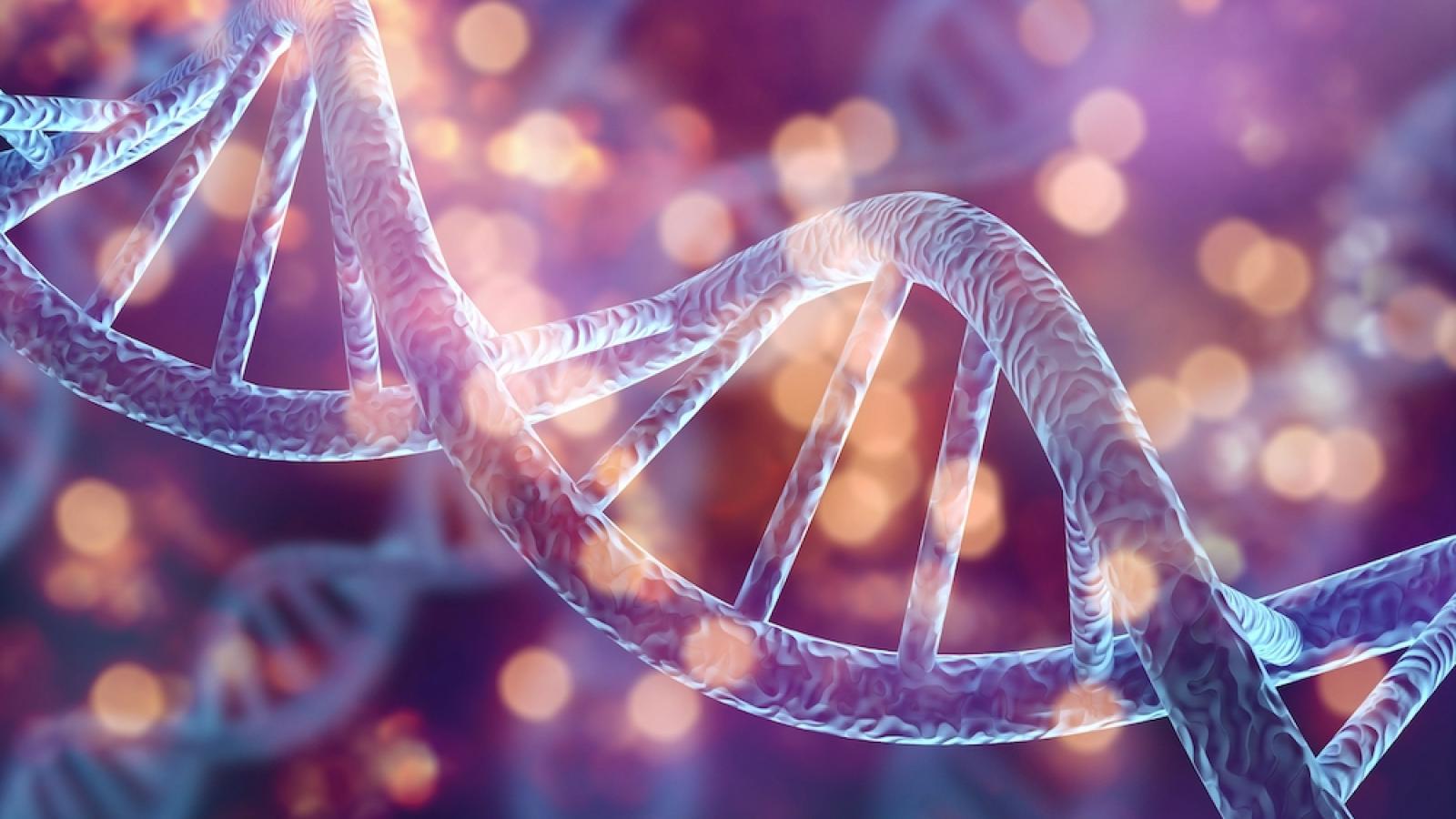We are delighted to announce a collaboration with the Cell and Gene Therapy Catapult (CGTC), an Innovate UK funded organisation, to accelerate the development of AAV based gene therapy treatments.
Since 2015, dementia has been one of the leading causes of mortality in the UK. Whilst new and improved treatments for heart disease and cancer are reducing mortality, a lack of effective treatment options for neurodegenerative conditions means that dementia-related deaths continue to rise.
Through this collaboration, the UK DRI and other academic centres of excellence will work with the CGT Catapult, to identify new AAV-based gene therapies with high potential to become new medicines for dementia, assessing a wide range of assets in order to best address the significant unmet medical need. The collaborators will then create detailed development plans for each project and potentially conduct early research activities in order to prepare assets for further investment.
Our new partnership with Catapult is an exciting opportunity to combine our expertise to significantly de-risk projects and propel forward this promising area of research and identify new treatmentsIraida Soria-EspinosaUK DRI Senior Innovation and Business Manager
With no effective treatments currently available for any neurodegenerative conditions the UK DRI has been tasked with understanding the underlying biology of these diseases and translating innovative research to benefit people at risk of or living with dementia. This new partnership with the CGT Catapult leverages the expertise and resource of both organisations to accelerate the translation of novel gene therapy approaches to the clinic.
Matthew Durdy, CEO of CGT Catapult, said:
“Dementia is increasing, under-researched and has very limited treatment options. Cell and gene therapies have in the past shown to be highly effective in treatment areas where other therapies have had limited success. It is therefore vital that we fully explore how cell and gene therapies could be used to address this unmet need, and we look forward to working closely with the UK Dementia Research Institute to identify and accelerate the most promising therapies.”
Iraida Soria-Espinosa, UK DRI Senior Innovation and Business Manager, said:
“Advances in gene therapy will enable us to make a huge difference for people affected by neurodegenerative disease. Our new partnership with Catapult is an exciting opportunity to combine our expertise to significantly de-risk projects and propel forward this promising area of research and identify new treatments.”
To find out more about the UK DRI’s translational research, sign up to receive our quarterly translation newsletter.
Article published: 20 June 2022
Banner image: Shutterstock/Billion Images
